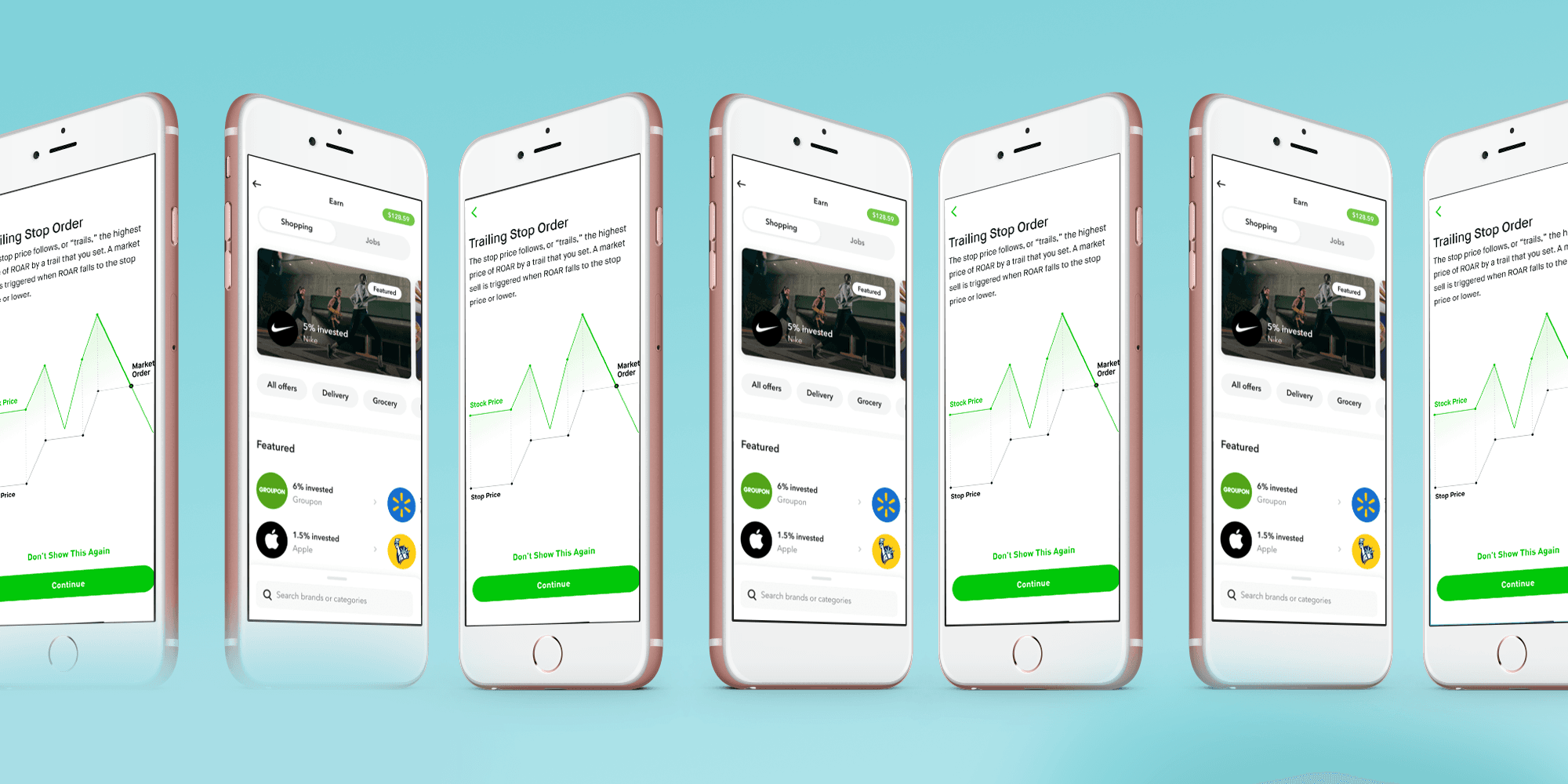

The world of investing has become increasingly accessible through mobile applications, making it easier than ever for beginners to start building their investment portfolios. Let’s learn more about this topic below with Word Search. These apps have revolutionized how we approach investing, offering user-friendly interfaces and educational resources for newcomers.
Investment apps have transformed the financial landscape by democratizing access to the stock market and other investment vehicles. These platforms offer various features designed specifically for beginners, including educational content, minimal investment requirements, and intuitive interfaces. The best part is that many of these apps charge low or no fees, making them particularly attractive for those just starting their investment journey.
Modern investment apps combine sophisticated trading capabilities with user-friendly designs, allowing newcomers to navigate the complex world of investing confidently. They often include features like automated investing, portfolio rebalancing, and real-time market data, all accessible through your smartphone.
Robinhood revolutionized the investment app landscape by introducing commission-free trading. The app’s clean, minimalist interface makes it particularly appealing to beginners. Users can start investing with as little as $1, and the platform offers fractional shares, allowing investors to own portions of expensive stocks they might not otherwise be able to afford.
The app provides real-time market data, customizable news feeds, and basic research tools. However, it’s worth noting that while Robinhood excels in simplicity, it may lack some of the advanced features and educational resources found in other platforms. The app is best suited for those who prefer a straightforward, no-frills approach to investing.
Read more: Mint App Review: Does It Really Help You Manage Finances?
Acorns takes a unique approach to investing by automatically investing your spare change from everyday purchases. The app rounds up your transactions to the nearest dollar and invests the difference. For example, if you spend $3.50 on coffee, Acorns will invest the $0.50 difference. This passive investment strategy makes it easy for beginners to start building wealth without thinking about it.
The platform offers pre-built portfolios based on your risk tolerance and investment goals. While the monthly fee of $1-5 might seem small, it can be significant for accounts with low balances. However, the educational content and automatic investing features make it valuable for those just starting their investment journey.
Betterment pioneered the robo-advisor concept, offering automated portfolio management based on modern portfolio theory. The app creates a diversified portfolio of low-cost ETFs based on your financial goals and risk tolerance. It handles all the complex aspects of investing, including automatic rebalancing and tax-loss harvesting.
The platform charges a 0.25% annual fee for its digital service, which includes features like automatic rebalancing, tax-loss harvesting, and personalized financial advice. The app’s goal-based approach helps users visualize and work toward specific financial objectives, making it ideal for long-term investors.
SoFi Invest combines active and automated investing options with additional financial services. The platform offers commission-free stock and ETF trading, automated investing, and cryptocurrency trading. What sets SoFi apart is its comprehensive financial approach, including access to financial advisors at no additional cost.
The app features a robust educational section and regular webinars to help users understand investing basics. There are no management fees for automated investing, and the active investing platform has no commission fees. This makes it an excellent choice for beginners who want to grow their financial knowledge while investing.
Stash emphasizes financial education alongside its investment options. The app offers personalized guidance and educational content to help users make informed investment decisions. It allows investors to start with as little as $5 and offers fractional shares of stocks and ETFs.
The platform’s unique feature is its themed investment options, which help users invest in companies and sectors that align with their interests and values. While the monthly subscription fee ($1-9) might be higher than some competitors, the educational resources and personalized guidance can be valuable for beginners.
Fidelity’s mobile app combines the reliability of a traditional broker with modern features suitable for beginners. The platform offers commission-free trading of stocks, ETFs, and options, along with access to extensive research and educational resources. Its zero-fee index funds are particularly attractive for long-term investors.
The app provides a comprehensive suite of tools for investment research and analysis, though beginners might find some features overwhelming at first. However, the platform’s educational resources can help users gradually understand more complex investment concepts.
When choosing an investment app, security should be a top priority. Look for apps that offer features like two-factor authentication, biometric login, and encryption. It’s also important to verify that the app is registered with regulatory bodies like the SEC and FINRA, and that investments are protected by SIPC insurance.
Understanding the risks associated with different investment types is crucial. While these apps make investing accessible, they shouldn’t encourage risky behavior. Beginners should start with a clear understanding of their risk tolerance and investment goals before making any decisions.
When selecting an investment app, consider factors like minimum investment requirements, fees, available investment options, and educational resources. Think about your investment goals and preferred level of involvement. Some users might prefer the hands-off approach of robo-advisors, while others might want more control over their investment decisions.
Consider starting with small amounts while you learn the platform’s features and become comfortable with investing. Many of these apps allow you to practice with paper trading or demo accounts before investing real money.
Read more: Top Budgeting Apps for Saving Money in 2025
The best investment app for beginners depends on individual needs, goals, and preferences. Whether you choose the simplicity of Robinhood, the automated approach of Acorns, or the comprehensive services of SoFi, the key is to start investing early and consistently. Remember to research thoroughly, start small, and gradually increase your investment knowledge and portfolio size. With these apps, the barrier to entry for investing has never been lower, making it an excellent time for beginners to start their investment journey.